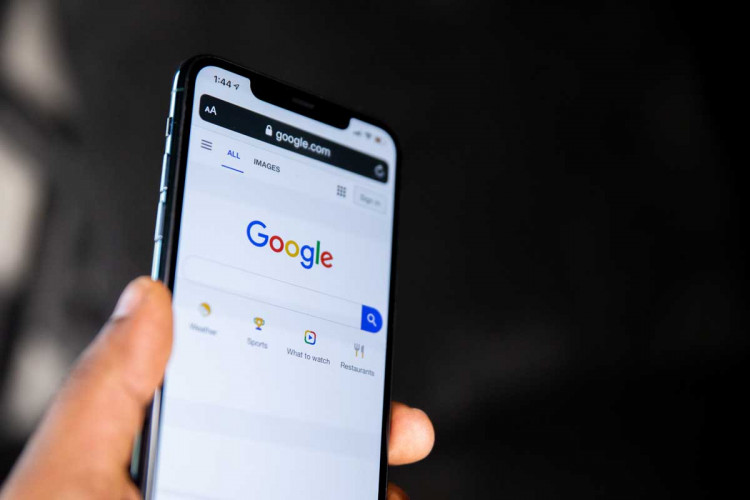The U.S. Department of Justice claims that Google pays Apple between $40 billion and $70 billion annually to ensure that Google Search remains the default search engine on Apple devices, including iPhones and iPads.
Recent court documents disclosed that Google began expressing concerns in 2014 about Apple's efforts to guide users away from Google's online services. Specifically, Apple's Safari browser recommended websites to users, allowing them to access these sites directly.
The report suggests that a PowerPoint presentation revealed in court by the Department of Justice showed Google anticipated a significant revenue hit from a feature Apple was set to introduce. By 2016, Google and Apple had renegotiated their agreement, with Apple agreeing to maintain its search functionality as it was in September 2016.
Internal communications indicate that Google sought to leverage its agreement with Apple to prevent the tech giant from expanding its footprint in the search domain. This move protected Google's share of searches made by Apple device users, generating billions in annual ad sales for Google.
Court records reveal that in a June 2016 internal email, Google executive Daniel Alegre discussed efforts to create a structure to "prevent them [Apple] from diverting queries and eroding value."
These pieces of evidence could bolster the Department of Justice's argument that revenue-sharing agreements between Google and companies like Apple stifle innovation in the search sector, ultimately harming consumers.
Apple's Search Efforts
An internal email from August 2018 seems to confirm this. Joan Braddi, a Google executive responsible for search partnerships, wrote that the updated agreement allowed Apple to offer "Siri Suggestions," but in a limited manner.
These documents shed light on why Apple has only made incremental changes to web search functionality on Safari and iOS, despite acquiring two search technology startups and hiring former Google search executive John Giannandrea in 2018.
David Olson, an antitrust law professor at Boston University, commented that Apple might have been uneasy about its heavy reliance on Google Search and could have been exploring ways to improve or keep everything in-house.
Earlier this month, reports surfaced about Apple's development of a next-generation search engine, dubbed "Pegasus." However, it's not expected to rival Google Search anytime soon.
Implications for Google
Last month, the Department of Justice's antitrust case against Google's alleged search monopoly began, with the final witness testifying last week. Over the past six weeks, government lawyers have questioned high-profile witnesses, including Microsoft CEO Satya Nadella, Apple services chief Eddy Cue, and Google advertising head Jerry Dischler.
Most testimonies have centered on whether Google's dominance in search and its agreements with other companies have hindered competition, as the Department of Justice alleges.
Reports from September suggest that the Department of Justice presented evidence indicating Google also used its default search agreement with Samsung to thwart competition from Branch, a startup that developed a search engine indexing pages from apps rather than the web. Samsung had collaborated with Branch to enhance search functionality on its devices.
According to testimony from Branch's former CEO, Alex Austin, Google began discussions in 2020 to expand its agreement with Samsung, preventing the tech giant from pre-installing any other internet-connected search products. Austin stated this move forced Branch to significantly scale back its product offerings.
In an interview, Megan Gray, a former lawyer for internet search engine DuckDuckGo, said the Department of Justice presented this evidence because Google had effectively blocked any pathways for potential competitors to become default search providers on devices.
If the Department of Justice prevails, it might force Google to modify or abandon its default search engine agreements with Apple, Samsung, and other companies. This could make it easier for users to choose alternative search engines, potentially jeopardizing a significant portion of Google's search traffic. The trial is expected to conclude by mid-November.






